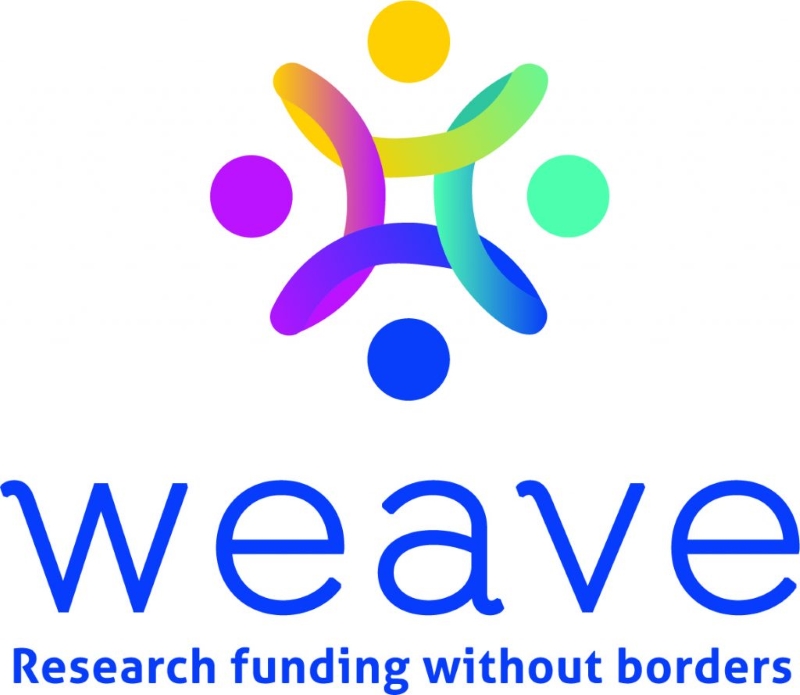Dr Paulina Pospieszna from the Adam Mickiewicz University (UAM) in Poznań (UAM) and Dr Piotr Micek from the Jagiellonian University (UJ) in Kraków (UJ) will carry out international trilateral research projects thanks to funding from the Weave-UNISONO competition.
Researchers from Poland, Belgium-Valonia and Germany in the project ‘Integrating deliberative processes and their impact: Lessons from the European wave of citizens’ panels’ will look at the functioning of citizens’ panels, i.e. processes that bring together randomly selected people to deliberate on various policy issues and develop recommendations to improve local and national decision-making.
The authors of the research want to examine how panels can influence the functioning of institutions and political processes, paying particular attention to how they are designed and integrated into the political system.
The research will be carried out by a team led by Dr Paulina Pospieszna from UAM in collaboration with Prof Jean Benoit Pilet from the Belgian Free University of Brussels and Prof. Brigitte Geißel and Dr Rikkim Dean from the German Johann Wolfgang Goethe University in Frankfurt am Main. The Polish team will receive more than PLN 1.1 million for the three-year project.
The second trilateral project selected for funding concerns graph theory; a field of science devoted to the mathematics of networks, and will be carried out by a team led by Dr Piotr Mick from the Jagiellonian University.
The researchers will study planar graphs, i.e. graphs that can be drawn without intersections on a sheet of paper. In the project, they will develop a theorem they obtained in 2019 named the product-structure theorem, then they will build a theory around it and look for new applications. The research will be carried out in collaboration with Prof Joret Gwenaël from the Free University of Brussels and Prof Torsten Ueckerd from Germany’s Karlsruher Institut für Technologie. The budget allocated to the Polish team is more than PLN 900 000.
Adrian Andrzejewski





